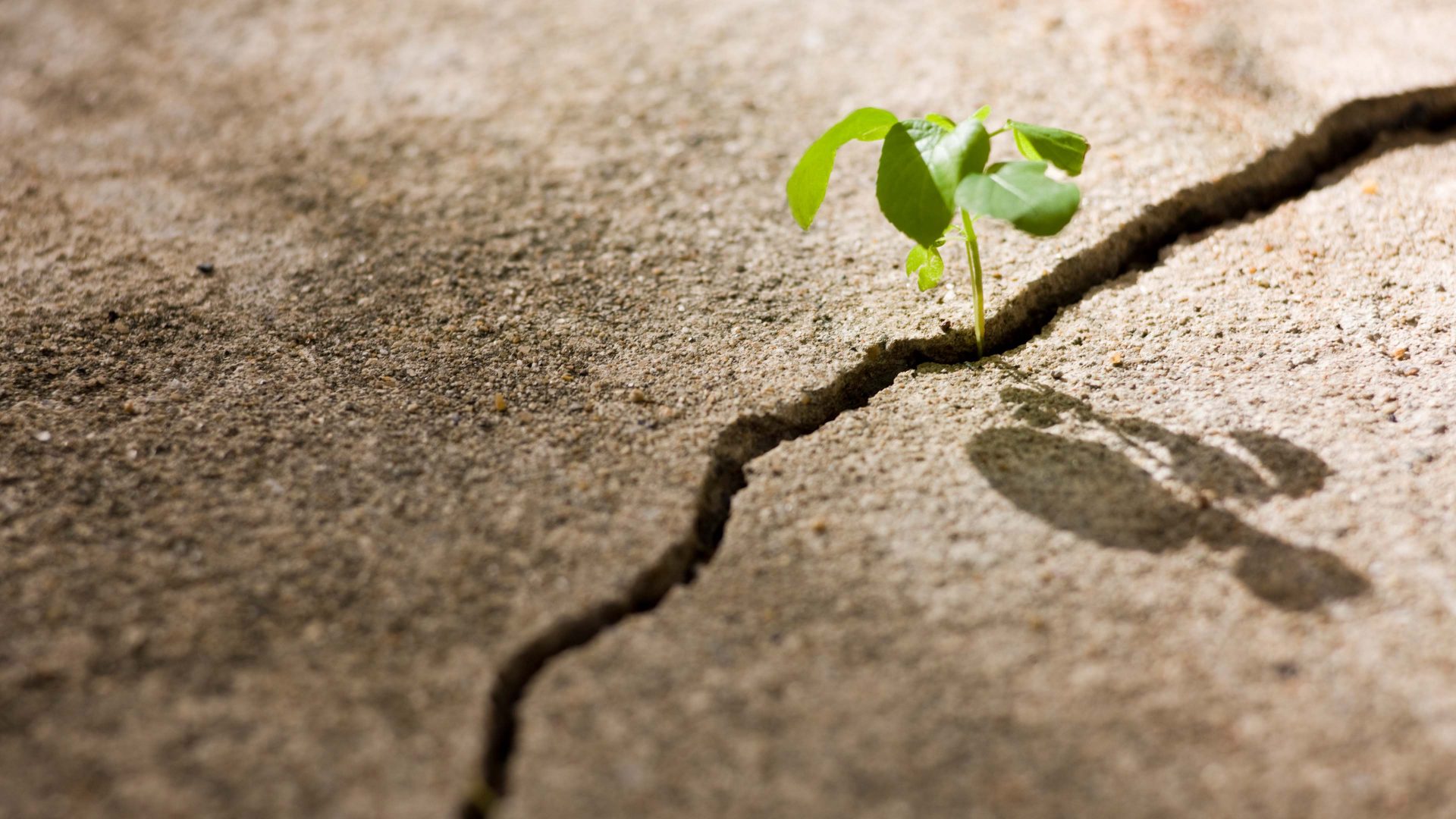There is a reason that “shit happens” is a saying – the stuff is grimly unavoidable, an unpleasant but necessary byproduct of our continued existence. But the inevitability of effluent does not mean it needs to be in our rivers and on our coastlines.
Despite that, more than two-thirds of the UK’s rivers are harmed by agriculture, more than half by run-off from water companies. Only 14% of England’s rivers are in good ecological health – and none of the 40 rivers with protected habitats meet that threshold. Just as the UK’s population has discovered the joys of wild swimming, and rediscovered the merits of a beach staycation, our water industry seems incapable of keeping poo out of the water. Discharges of raw sewage into freshwater and the oceans have rocketed, and every river in the country fails chemical tests.
Predictably, the government has opposed measures that would actually force the water companies to reduce the amount of sewage they put in the water, and has allowed Brexit to make matters worse. It rejected an amendment – passed by the Lords – to its own environment bill that would have required water companies to progressively reduce the harm they did by sewage dumping, with public reporting. Opposition parties backed the measure, but the government used its Commons majority to squelch it.
Meanwhile, even though the UK has still not substantially diverted from EU water quality measures, Brexit is doing damage, thanks to supply-chain difficulties getting the chemicals we need to treat water. When there are shortages of such chemicals (reducing our already strained capacity), companies can get permits to ditch sewage even more easily than usual.
There are fears, too, that more pollution will come as a result of Michael Gove’s plan to use “Brexit freedoms” to duck out of EU nutrient neutrality laws in order to help homebuilders. However, these may be overblown. The government has put extra money into compensatory measures and the entire housing stock is responsible for only 5% of that type of river pollution in the first place.
At this point, it is worth inserting a few important caveats. One is that there was never a halcyon era in which all of our rivers flowed free, clean and beautiful. The UK’s water industry, before privatisation, chronically under-invested in both water supply and sewage infrastructure. So dramatic was that under-investment that even though private ownership has extracted billions in dividends and debt repayments, investment was still much higher after privatisation than before – it’s simply cold comfort given that it still wasn’t nearly enough to keep our waterways clean.
Moreover, the figures of discharges and water quality are marred by the simple fact that we have only started properly monitoring water nationally over the last few years – a decade ago there were merely a handful of sensors and now there are many, many more. We may now be just recording what has happened for a long time – not that this scenario offers much comfort.
The last of the home truths with which we need to dispense is the fact that, if we’re honest, we don’t actually want the water companies to immediately stop dumping sewage into the rivers, even if we’ve signed petitions demanding the opposite. The reason sewage ends up dumped, untreated, is that there is not enough water treatment capacity in the system – that under-investment, again – and so on a day-to-day basis water companies face the problem of either backflow or dumping sewage.
In other words, there are only two places the poo can go – into rivers and the sea, or else overflow back into your home (or at least the homes of a small percentage of unfortunate customers). There is no secret third option in the short term – and so we will have to live with some sewage in the waterways for the moment.
All of these facts have been known and knowable to the industry and to the ministers who have overseen these issues for years. There is no excuse for either Gove or Thérèse Coffey for allowing things to get as bad as they have – unlike the Titanic’s iceberg, the UK’s poonami was visible far, far ahead. We have only hit it thanks to awful captaincies.
Coffey was castigated in April when she admitted that she couldn’t end the sewage scandal overnight, but on this front she was at least speaking the truth. The problem is that the small-beer stuff that she did announce didn’t sound as if it could do much to end it at any time. There is a desperate need for us to dream bigger.
London was notoriously one of the world’s filthiest cities until in the 19th century it underwent one of the most ambitious sanitary projects in history. Joseph Bazalgette’s team installed more than 1,100 miles of drainage to feed an 82-mile underground sewage system that in effect became streets under streets, an undercity to make the world above a much cleaner one. Shit still happened, but at a distance. This is the ambition that we once had and have now lost.
What might radical reform look like? How much more could we reuse, how efficiently could we treat water, what might we look at installing alongside a new national sewage system? The answers are unlikely to come just from prodding grudging, often foreign-owned, private regional monopolies into gradually increasing investment.
At the minimum, someone should be looking at what a grand design might look like, and if they come up with something good, requiring the water companies to either sign up to it and get it done – with strict deadlines and testable metrics – or else relinquish their franchises and let the state do it instead.
It would be good for our infrastructure, good for net zero, and possibly even good for economic growth, too – and might just help us get our mojo back when it comes to major public projects. After all, if you can’t handle shit, what can you handle? As a bonus, we might even get clean rivers at the end of the whole thing. Guardian-reading wild swimmers rejoice.
All we seem to get when ministers are called to account on the state of our rivers is the verbal equivalent of the effluent that’s flooding the waterways. We should dream bigger, and get shit done.




